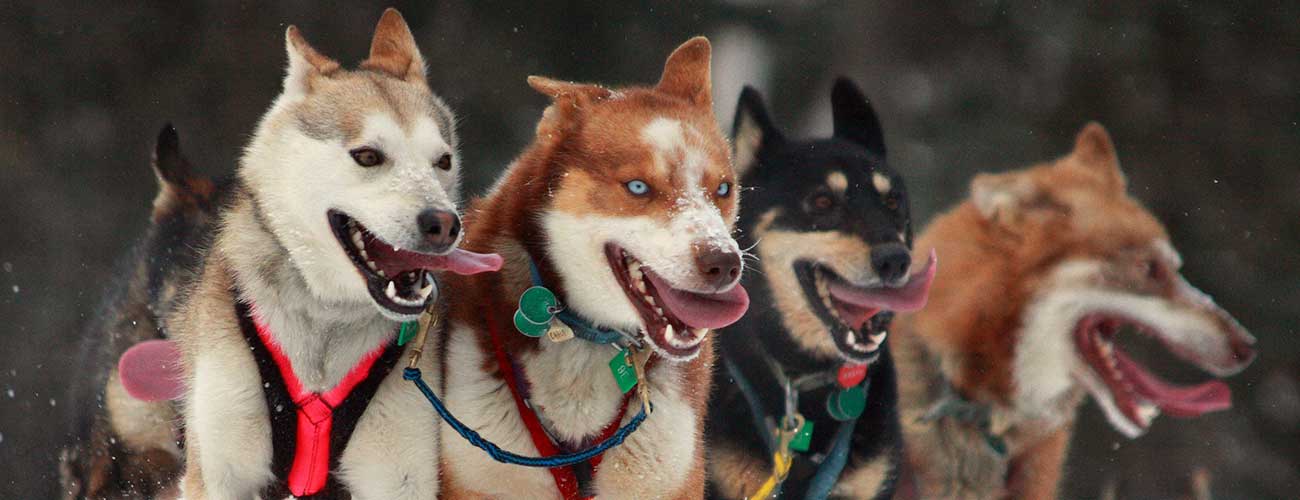As we’re fond of saying, language changes. Some people hate that fact, and will use “their” only as a plural pronoun until their dying day. We can hold out as long as we can, in the spirit of “proper” English, but still be aware when they’ve crossed the line from “wrong” to “not fully acceptable in polite company.”
Thus it is with words that sound alike or are so close in meaning that the differences between them are all but negligible. We’ve already discussed farther/further, over/more than, and past/last. Those pairs have the benefit of being close in meaning to each other.
Not so with some other pairs that are on the cusp of acceptance in “proper” company, but are distant rather than kissing cousins. We’re not saying you must accept these, but you must at least accept that many people accept them.
Let’s start with a big one.
A Chicago Tribune sports piece on a losing team said the coach “tried to minimize the damage, but the enormity of the loss had already begun to take its toll on his players.” In the same week, an article about the Holocaust recounted: “As I tried to comprehend the enormity of those events, the last surviving eyewitness to one of the massacres described to me—through tears—what she saw there as a child.”
In both those contexts, “enormity” means big, but in very different ways.
As our predecessor, Evan Jenkins, wrote long ago: “‘Enormity’ should be reserved for things that are both huge and evil or outrageous, as in ‘their attempt to convey the enormity of the Holocaust.’” Using “enormity” to mean merely big, he wrote, puts language “in danger of losing a nice precision.” Rather than mere physical size, “enormity” implies a ghastliness or moral wrong.
Webster’s New World College Dictionary, the one favored by many news organizations, lists as its third definition of “enormity”: “enormous size or extent; vastness: in modern use, considered a loose usage by some.” The American Heritage Dictionary includes a similar definition with the note that its Usage Panel’s fealty to “enormity” in the moral sense is strong, but a little less than it used to be. (Full disclosure: This columnist is on the Usage Panel, but has not been asked to weigh in on this one.)
But of the more than (or over) 1,300 Nexis hits from newspapers in the last (or past) six months, an enormous majority uses “enormity” in place of “enormousness.” And even as Garner’s Modern American Usage bemoans that the “historical differentiation between those words should not be muddled,” it lists “enormity” used in place of “immensity” and its big pals at Stage 4 on the five-stage Language-Change Index, meaning the difference is a biggie for only the “die-hard snoots.”
Here’s another one that’s holding on by a thread: In an article about the Iditarod dog-sled race, The New York Times noted that participants “must first face a harsh gantlet of ice and cold.” An Associated Press politics article just before Super Tuesday said that John Kasich and Marco Rubio would both “have to run Tuesday’s gauntlet before they can even reach must-wins at home.”
Here, a different word was used to describe the same phenomenon, a kind of ordeal. Traditionalists hold that a “gauntlet” is a glove, the kind worn to protect a sword arm, and that the proper word for an ordeal is “gantlet.” We’ve said that more than once.
Merriam-Webster defines “gantlet” as “a stretch of railroad track … where two lines of track overlap so that one rail of each track is within the rails of the other.” But it lists its origin as “gauntlet,” with the definition of “a double file of persons facing each other and armed with clubs or other weapons with which to strike at an individual who is made to run between them.”
Somewhat surprisingly, “gantlet” does not have its own entry at all in The Oxford English Dictionary. All of the “ordeal” definitions come under “gauntlet.” The OED says the term is a corruption of “gantlope”: “A military (occas. also naval) punishment in which the culprit had to run stripped to the waist between two rows of men who struck at him with a stick or a knotted cord.”
The Associated Press Stylebook has an entry that says, “A gantlet is a flogging ordeal, literally or figuratively. A gauntlet is a glove.” Nexis indicates that “gauntlet” slightly edges “gantlet” in news reports discussing ordeals in the last six months, which is in line with Garner’s listing of “gauntlet” for “gantlet” at Stage 4 as well. Even so, Garner’s says, “Like many other trends, this one is worth resisting.”
The challenge, then, is to decide whether the enormity of change may not be such an ordeal after all.
Merrill Perlman managed copy desks across the newsroom at the New York Times, where she worked for twenty-five years. Follow her on Twitter at @meperl.

